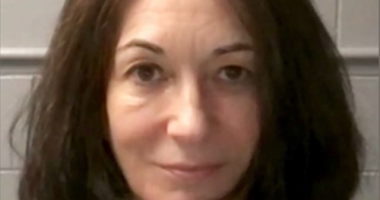Share this @internewscast.com
A jury in Erin Patterson’s triple murder case has been reminded that they are not sitting in “a court of morals” as they received guidance to remain impartial and to avoid being swayed by bias, prejudice, or sympathy in reaching their decision.
Justice Christopher Beale provided his closing instructions to the jury today, just before they were tasked with determining Patterson’s guilt or innocence concerning four charges.
The 50-year-old has been on trial since late April, facing charges of three counts of murder and one count of attempted murder after allegedly serving a toxic beef Wellington meal to her estranged husband’s family.

The judge turned to the jury’s assessment of witnesses, more than 50 of whom were called during the trial.
He told them to use “common sense” in deciding whether each witness’s evidence was honest, credible, reliable and accurate.
He said Patterson, who spent eight days in the witness box, was not obliged to give evidence in the trial and did not have to prove her own innocence.
“She is no different to any other witness,” Justice Beale said.
“You must assess her evidence the same as you assess the evidence of any other witness.”
He listed several conclusions for them to take into account about Patterson’s evidence.
If they found her evidence was true, or likely to be true, they must find her not guilty of all charges, he said.
It was not enough to “prefer” the prosecution’s case to Patterson’s evidence, or to choose which they prefer.
Rather, it was up to the prosecution to establish she was guilty, the judge said.
If jurors did not believe Patterson’s evidence, they must put it aside and establish if the prosecution had proven she was guilty beyond a reasonable doubt based on their evidence.
The 14 jurors will be balloted down to 12 and sequestered when they begin deliberations.
They must return with a unanimous verdict on all charges.










